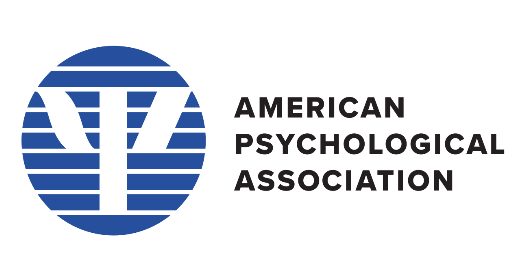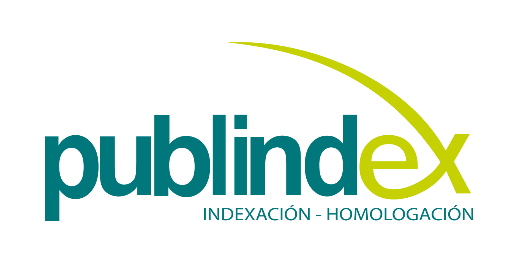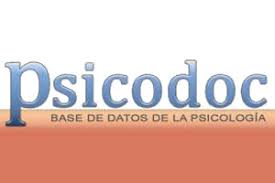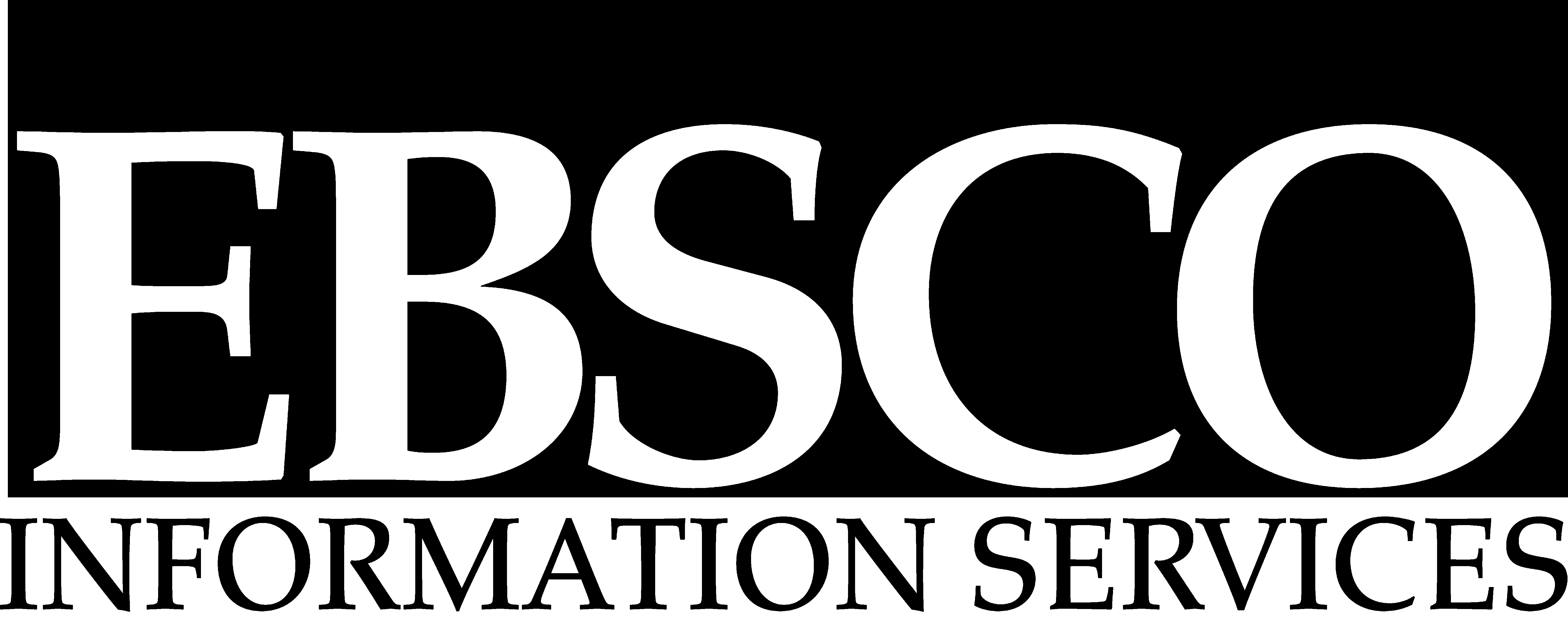This journal provides open, immediate access to its contents, based on the principle that offering the public free access to research helps to promote a higher global exchange of knowledge.
As such, all journal articles are published under a Creative Commons Attribution-NonCommercial-ShareAlike 4.0 International License (CC BY-NC-SA), by which commercial use of the original work or its possible derived works is not allowed, and the distribution thereof must be done with the same license elements regulating the original work.
http://creativecommons.org/licenses/by-nc-sa/4.0/
Abstract
Suicidal Behavior (CS) refers to ideas, attempts and acts of self-inflicted death, caused by self-referential negative cognitions (cognitive triad), rigid and generalized selective information processing, confirmatory bias and poor coping profiles. It can be treated with cognitive therapy (CT), which has proven effective for this problem, based on the modification of negative cognitions and dysfunctional copings strategies, desertion reduction, adherence to health services and social support. However, there are many difficulties in the empirical demonstration of the effectiveness of these psychotherapies (CBT type) as the sample selection (discrimination between ideation, intent, comorbidities, availability, reporting), control groups, generalization of results, among others. Therefore we analyze methodological possibilities as classifying the groups according type of psychiatric illness or suicidal behavior: attempt, suicidal ideation and control approaches carry risk behavior and hopelessness, and use statistical models to date. It concludes recommending CT, but requesting permanent methodological improvements.





















